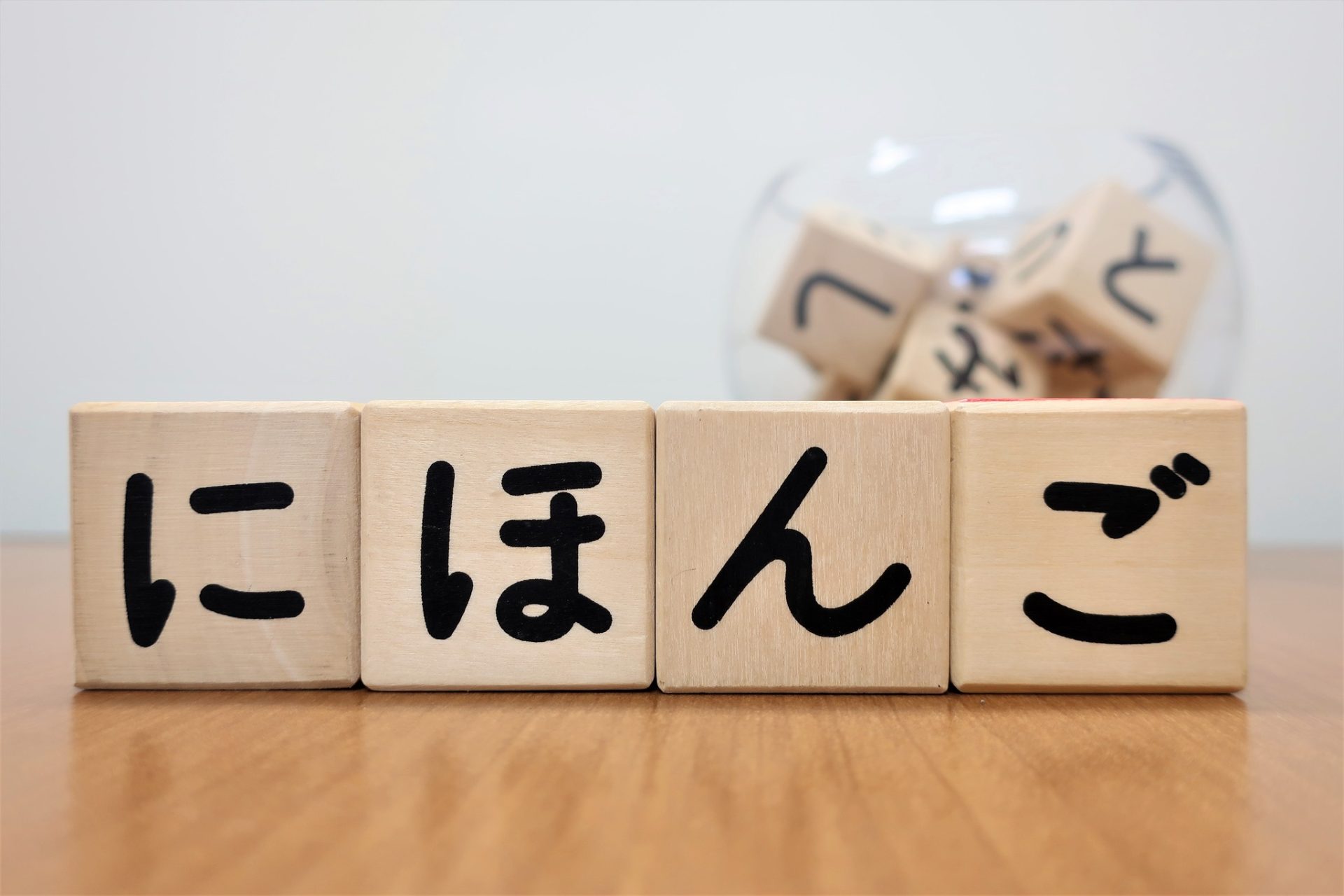【Why learn Japanese is difficult】
Japanese is said to be one of the most difficult languages in the world to learn. If I weren’t Japanese, I think it would be quite difficult, and I really respect people who are not from Japan but who can speak Japanese. What could be so difficult? We will clarify here.
Difficulty ①
○Variety of character types (hiragana, katakana, kanji, alphabet)
The Japanese use the above four characters instinctively. There are so many Japanese characters so that makes people unknown where to start!
Difficulty ②
○Many ways to read kanji (on-yomi, kun-yomi, special readings, proper nouns, etc.)
Regarding this kanji, it seems like an endless training for people from non-kanji countries. If you look it up in a dictionary, you’ll find that even just one kanji has an unusually large number of readings. I feel that it is unavoidable to call it endless penance when it comes to more than 2,000 kanji.
Difficulty ③
○ There are few readings of kanji
I think it’s hard for Japanese learners that most of the kanji that are used in daily life don’t have ”how to read”. Currently, “how to read” is attached to kanji that have special readings or are not familiar to Japanese people, but other than that, “how to read” is not attached.
Difficulty ④
○ Extensive vocabulary
One of the characteristics of Japanese is its rich vocabulary. To be precise, “the vocabulary required to understand general sentences is particularly large in the case of Japanese.”
Difficulty ⑤
○ Inferring omitted information (missing subject or object, high-context culture)
The biggest difficulty in translating from Japanese to English is the ambiguity caused by missing subjects and objects.
Difficulty ⑥
○ Many onomatopoeia
In other words, onomatopoeia (パタン) and mimetic words (きらきら) are frequently used, and it is said that there are more than 5,000 types of words.
Difficulty ⑦
○Differences in Japanese pronunciation structure/grammatical structure
Pronunciation difficulty is also an area that is easily influenced by the native language of the learner. This is called “mother tongue interference”, and there are times when the pronunciation tends to be closer to that of the mother tongue, or sounds that are not in the mother tongue cannot be produced. Also, you know that the grammatical structure is complicated compared to other countries.
For this reason, if you can’t speak Japanese well, please check the link below once! You can survive in Japan with this!
[ https://www.bunka.go.jp/…/h25_nihongo…/pdf/a_28.pdf ]
【日本語が難しいわけ】
日本語は世界でも非常に習得の難しい言語だと言われています。私も、もし日本人でなかったら、相当難しいものなのだなと思いますし、日本出身でない方で、日本語を話すことができる方は本当に尊敬します。
何がそんなに難しいのでしょうか?こちらを解明していきます。
難しさ①
○文字種の多さ(ひらがな、カタカナ、漢字、アルファベット)
日本人は、上記四つの文字を感覚的に使い分けています。多すぎて何から手をつけていいのかわからない!という方も多いのではないでしょうか。
難しさ②
○漢字の読み方の多さ(音読み、訓読み、特殊な読み、固有名詞など)
この漢字に関して、非漢字圏出身者にとっては終わりなき修行のようだそうです。辞書で調べてみると、漢字ひとつとってみても、読み方の多さが異常です。漢字2,000字以上となると果てしない苦行と言われても仕方がない気もします。
難しさ③
○漢字の読み仮名(ルビ振り)が少ない
日常的に使用される漢字にはほとんどルビをつけないのが、日本語学習者にとって辛いことだと思います。現在、特殊な読み方のものや、日本人にあまり親しみのない漢字にはルビをつけますが、それ以外にはついていません。
難しさ④
○使用語彙の多さ
日本語の特徴として、語彙が豊富であることが挙げられます。正確にいうと、「一般的な文章を理解するために必要とされる語彙が、日本語の場合は特に多い」のです。
難しさ⑤
○省略されている情報を推測すること(主語や目的語の欠落、ハイコンテクスト文化)
日本語から英語への翻訳で一番の難関となるのが、主語や目的語の欠落によるあいまいさだと。
難しさ⑥
○オノマトペの多さ
つまり、擬音語(パタン)や擬態語(きらきら)を使用する頻度が高く、種類も5000語以上あると言われています。
難しさ⑦
○日本語の発音構造/ 文法構造の違い
発音の難しさは、学習者の母語の影響を受けやすい部分でもあります。「母語干渉」といい、母語の発音に寄せてしまったり、母語にない音を出せないことがあります。また、文法構造は他国と比較すると複雑であることは知っているでしょう。
このような理由で、なかなか日本語が覚えられないという方は、一度下記リンクをチェックしてみてくださいね!これがあれば、日本で暮らしていけます!
[https://www.bunka.go.jp/…/h25_nihongo…/pdf/a_28.pdf]

